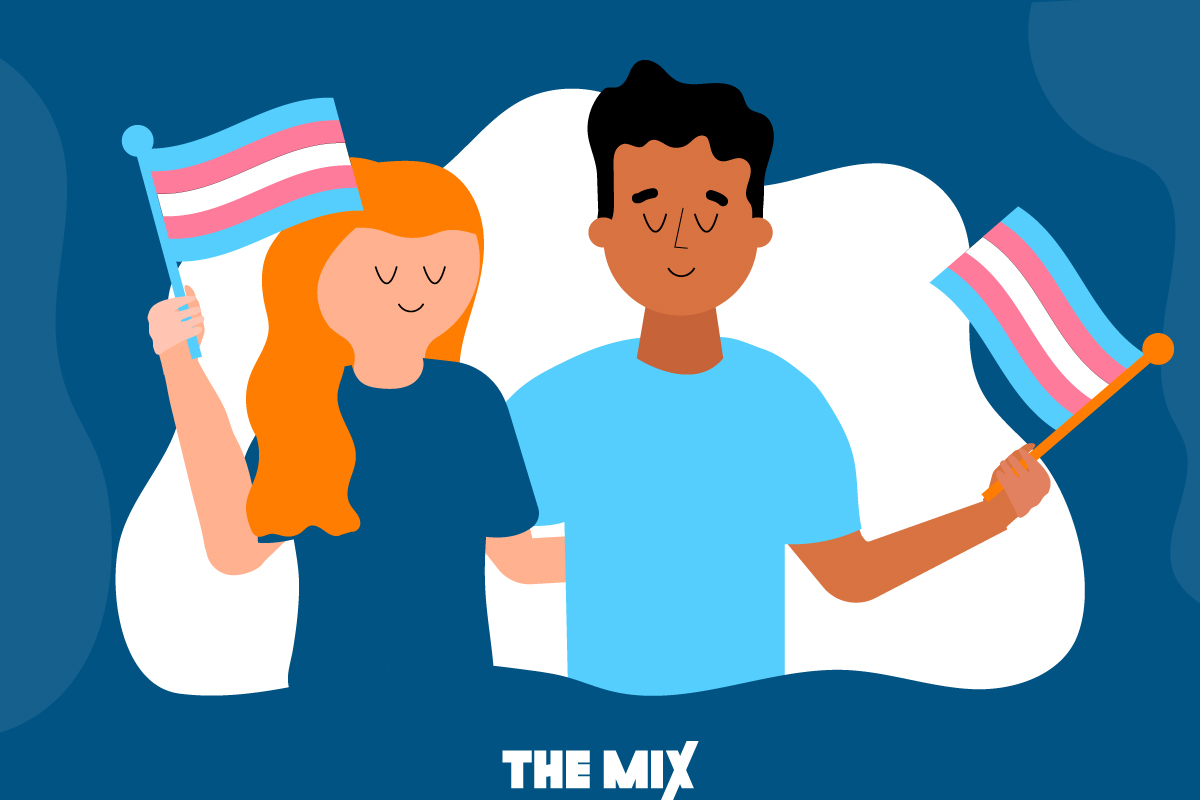What you need to know about conversion practices
We spoke to the experts at Gendered Intelligence to find out more about harmful conversion practices; read this guide to get fully informed and to find out how to get support.

What are conversion practices?
In 2018 the UK government promised to totally ban conversion practices (sometimes also called ‘conversion therapy’). Conversion practices refer to any attempt to change or suppress a person’s sexuality or gender identity, or to persuade a person that one sexuality or gender identity is preferable to another. Conversion practices are discredited by all major healthcare bodies, and are generally considered a form of abuse.
Why weren’t conversion practices completely banned?
The government was on track to make the proposed ban into law, but U-turned in 2022 to exclude trans people from the forthcoming ban. This means that forms of conversion therapy specifically targeting trans people will still be legal. It also creates a loophole, allowing providers of conversion practices to escape prosecution by saying they are targeting gender identity rather than sexuality. Efforts are ongoing by the Ban Conversion Therapy Coalition to change the government’s position, but unfortunately it seems unlikely.
What do conversion practices look like?
Conversion practices feel like a thing of the past, but unfortunately they still take place in the UK – and the government’s repeated failures on LGBT rights have meant that they are becoming more widespread. It’s important to know what conversion practices look like. It could be a therapist who presents straight or cis identities as preferable to LGBT+ identities, or a community or religious leader who tries to persuade you to suppress your identity, or a family member or friend who tries to convince you it’s just a phase. Any situation where someone tries to pressure you into changing or suppressing your identity could constitute as conversion practices.
It’s important to remember that there is no such thing as ‘consensual conversion therapy’, even between adults. Conversion practices rely on using power and pressure to make someone hide, change, or suppress who they are, often causing great harm in the process. It is not possible to consent to this kind of manipulation, just as it is not possible to consent to any other kind of abuse.
Are trans people more at risk of conversion practices?
We know from the National LGBT Survey 2018 that trans people are more likely to be targeted by conversion practices than the rest of the LGBT+ community. Research also suggests that young people, people of faith, and migrants, refugees and asylum seekers are particularly at risk. Watch the Q&A below to find out more about this.
View this post on Instagram
How can I get support if I’m targeted with conversion practices?
There is nothing wrong with exploring your gender identity and/or sexuality. At Gendered Intelligence we encourage open conversations about gender and sexuality for everyone – we want everyone, regardless of identity, to understand more about themselves. However, if you or someone you know is being made to change or suppress their identity, or if they are being told that it would be better to not be trans, then they may be at risk of conversion practices.
If you or someone you know is at risk or has been targeted by conversion practices, there are places you can turn for help. Galop has a designated helpline for anyone who is affected by conversion practices and can provide advice and support should you need it. LGBT+ Switchboard can also offer support and advice.
Government backtracking makes it more important than ever to protect ourselves against conversion practices in our communities. By understanding how to recognise it, looking out for each other, and seeking support when we need it, we can still bring an end to conversion practices in our time.
Next Steps
- Galop is an anti-LGBT violence charity. Call the dedicated national helpline for LGBT domestic abuse victims on 0800 999 5428. You can also call the London-based helpline for LGBT victims of violence on 0207 704 2040.
- Mermaids is a support group for trans people aged 19 and under. Call the information line on 0344 334 0550, open Monday to Saturday from 3pm - 7pm.
- Switchboard LGBT+ Helpline offers a range of help services for the LGBT community, including message boards and a helpline. 0300 330 0630
- LGBT Youth Scotland has lots of great advice articles about LGBT issues, as well as running supportive live chats online. Text on 07786 202 370.
- Stonewall campaign for the equality of lesbian, gay, bi and trans people across Britain and abroad.
- Chat about this subject on our Discussion Boards.
By Holly Turner
Updated on 24-Jun-2022
Sorry, comments closed
No featured article














